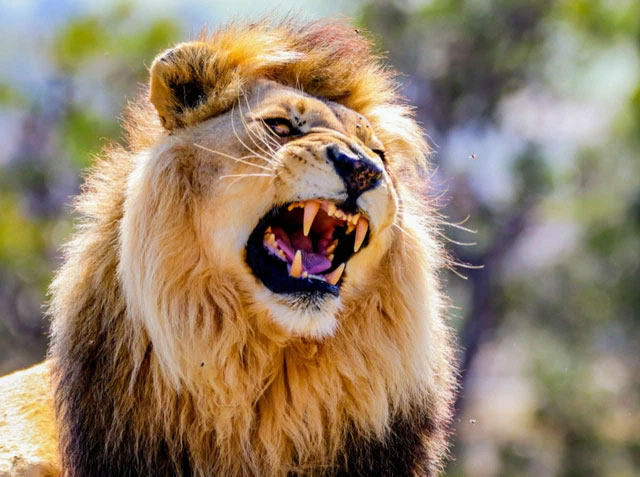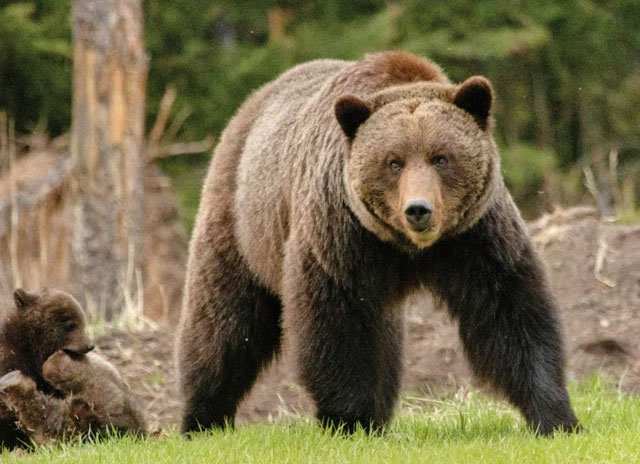Did climate change make ancient lions and bears extinct?
Climate change may have been responsible for the mysterious disappearance of brown bears and ancient North American lions about a millennium ago, before the Ice Age, a new study has found. Final.

Warm temperatures before the last Ice Age significantly affected the flora and fauna of that time.
By sequencing DNA from fossils of lions and bears from North America and Eurasia, a team from the University of Adelaide has found that the time of extinction of ancient animals living in the Areas of North America (especially the Yukon Territory and Alaska) coincide with vegetation changes in these regions.
Warm temperatures before the last Ice Age may have caused dramatic changes in plant abundance, leading to the extinction of some herbivores and species, according to scientists. then their predators, including lions and bears.
A few centuries later, the colder temperatures that led to the Ice Age reversed the changes and made these areas a promised land for both herbivores and their carnivores.

Brown bears (or grizzly bears) disappeared from parts of North America thousands of years before the last Ice Age.
These findings suggest that ecosystems in the past were highly variable, and that the richness of different species was always very sensitive to changes in climate.
Study co-author Dr Kieren Mitchell, an evolutionary biologist and bioinformatics expert at the University of Otago, New Zealand, said: "As illustrated in our study of the fossil record , the story doesn't have to be that way.Previous research has shown that brown bears (or grizzlies) disappeared from some parts of North America thousands of years before the last Ice Age. reappeared, walking from Russia to Alaska across the Bering Land land bridge".
Dr. Mitchell concludes: "While many might think that species come to an area and stay there, we have found that the past is much more moving than that, involving many waves of dispersion and local extinction".
- 2500 species of birds may become extinct because of climate change
- Other mating species makes white bears extinct
- Polar bears eat dolphin meat due to climate change
- Detecting some species of coral adapted to climate change
- Ancient Romans were the agents of climate change in Europe 2,000 years ago
- The polar bear again collides with the brown bear
- Reveal the true cause of the mammoth extinction
- Coffee plants are about to become extinct due to climate change
- Siberian Unicorns are extinct due to climate change, not by humans
- We have not found aliens because climate change makes them extinct?
- Russia and America's efforts to protect white bears failed
- Polar bears are older than previously announced
 Animal 'suffering' after hibernation
Animal 'suffering' after hibernation Why do goats climb well?
Why do goats climb well? Scientists were surprised to see chimpanzees eating turtles
Scientists were surprised to see chimpanzees eating turtles Giant catfish died deadly due to drought in Thailand
Giant catfish died deadly due to drought in Thailand